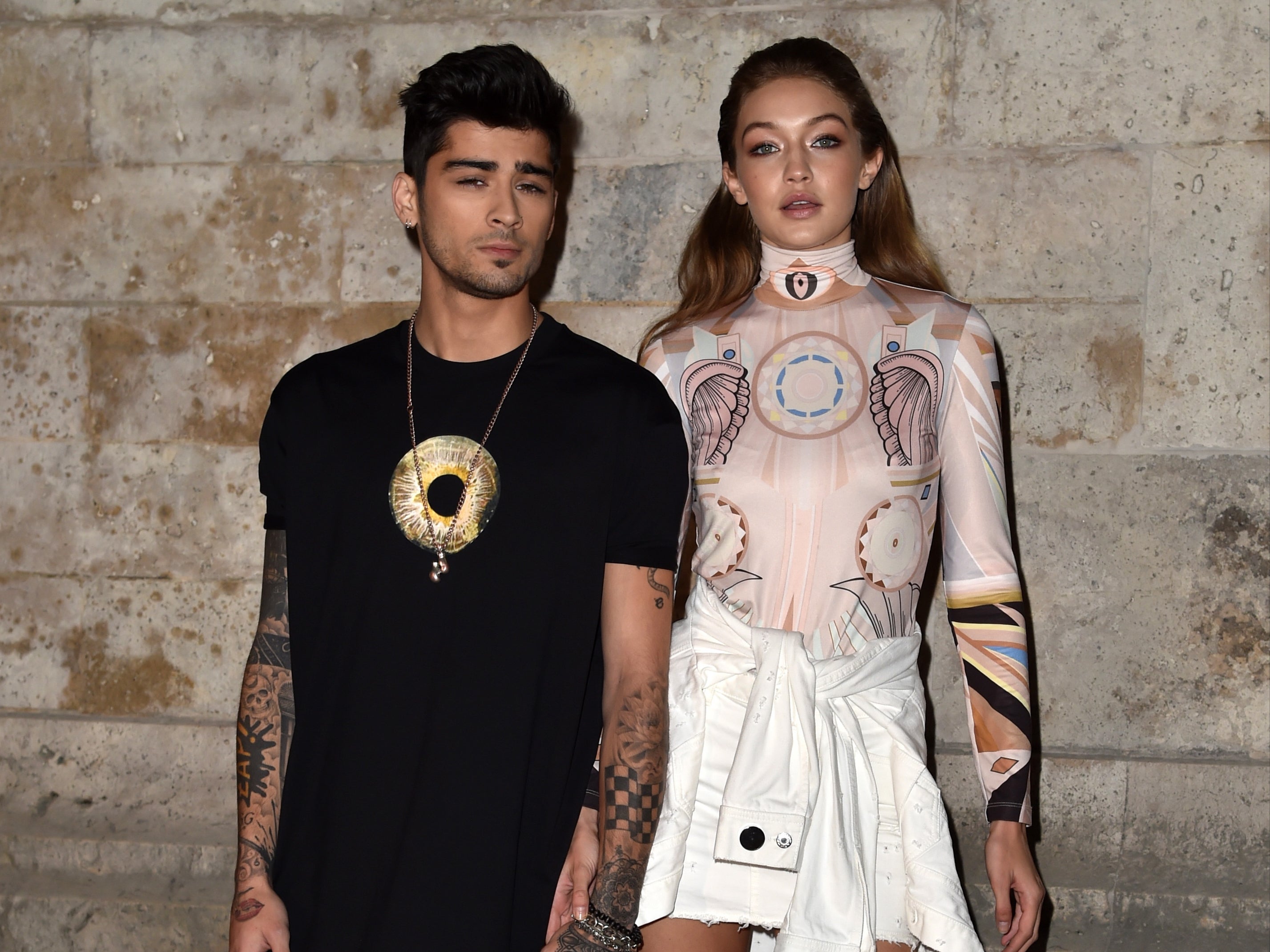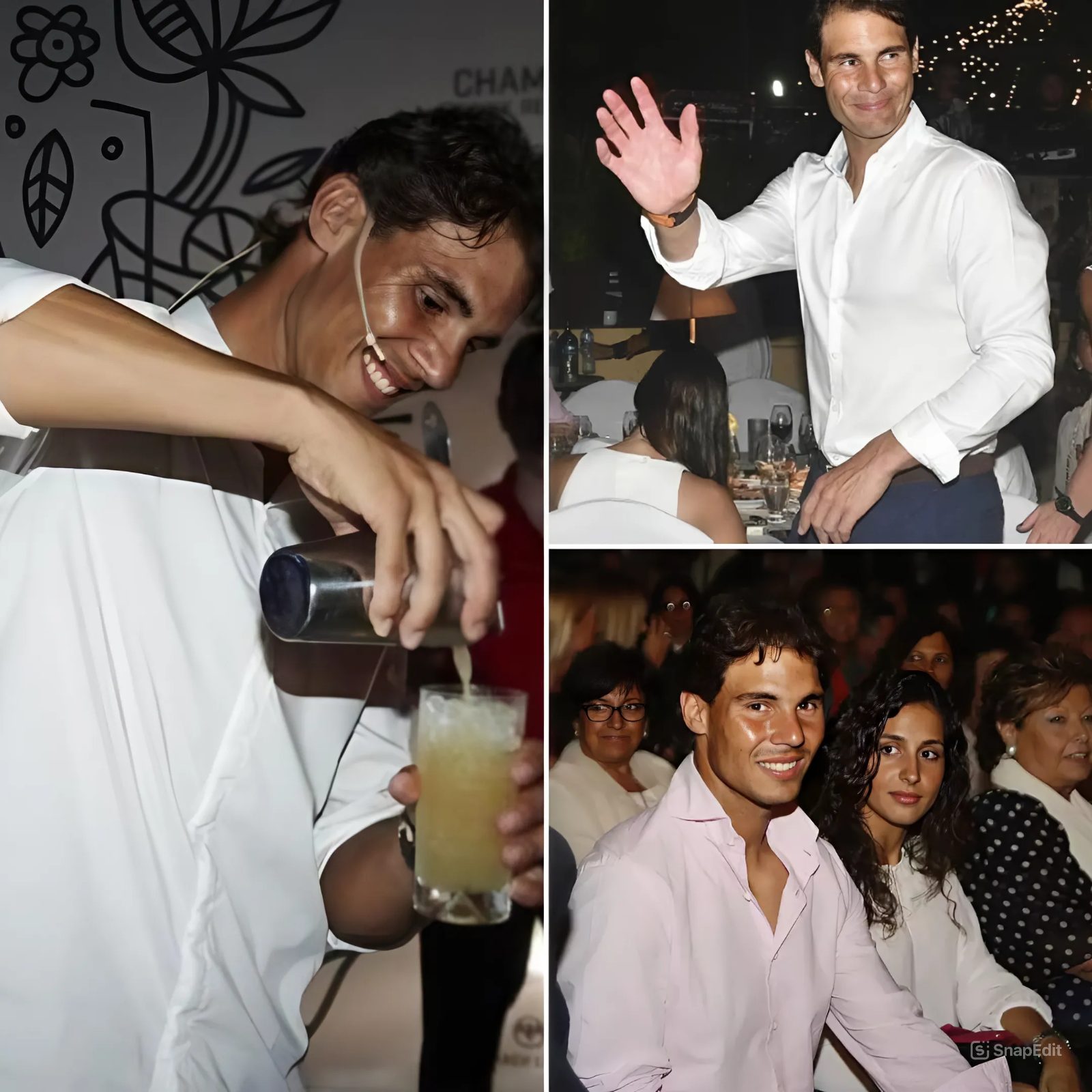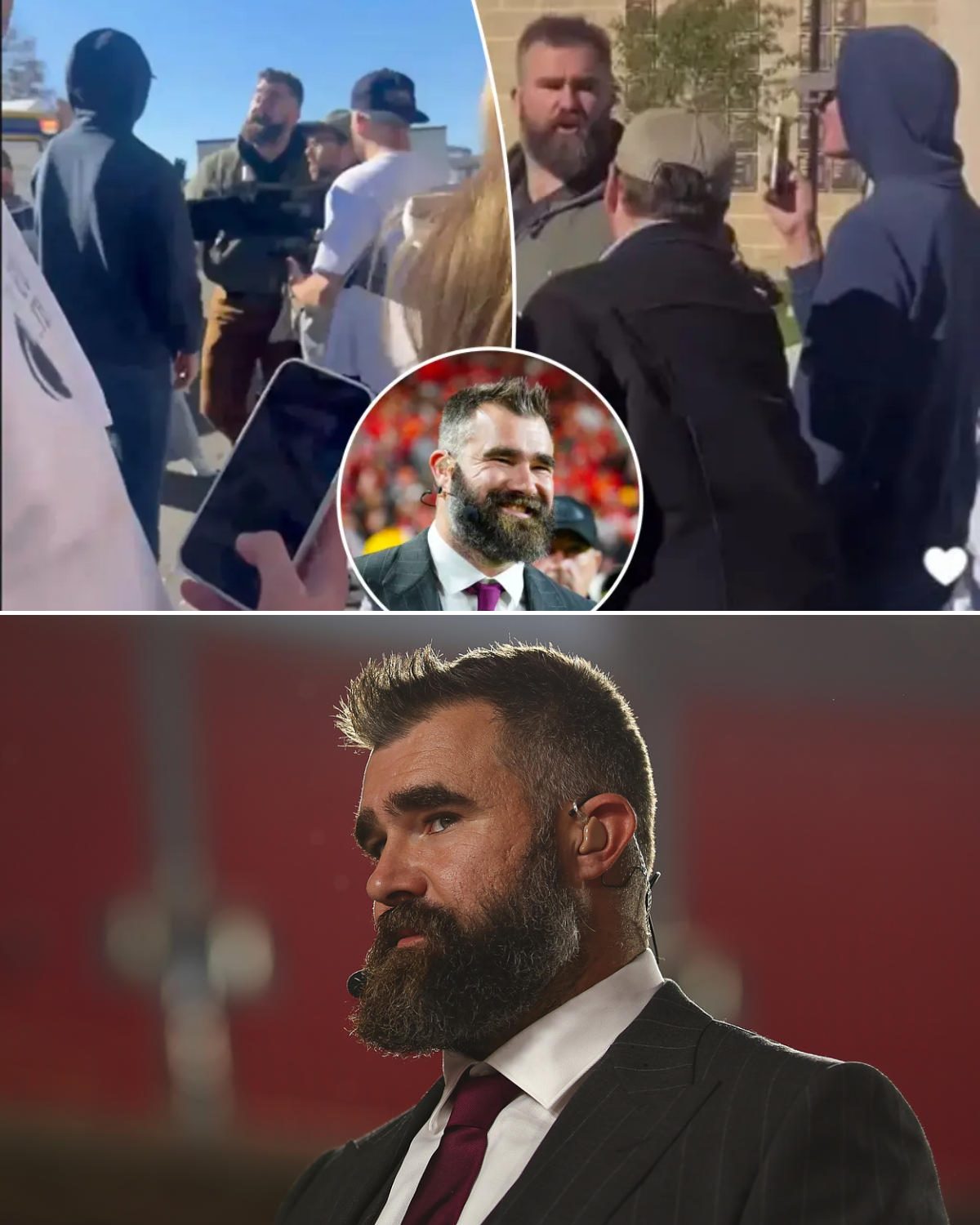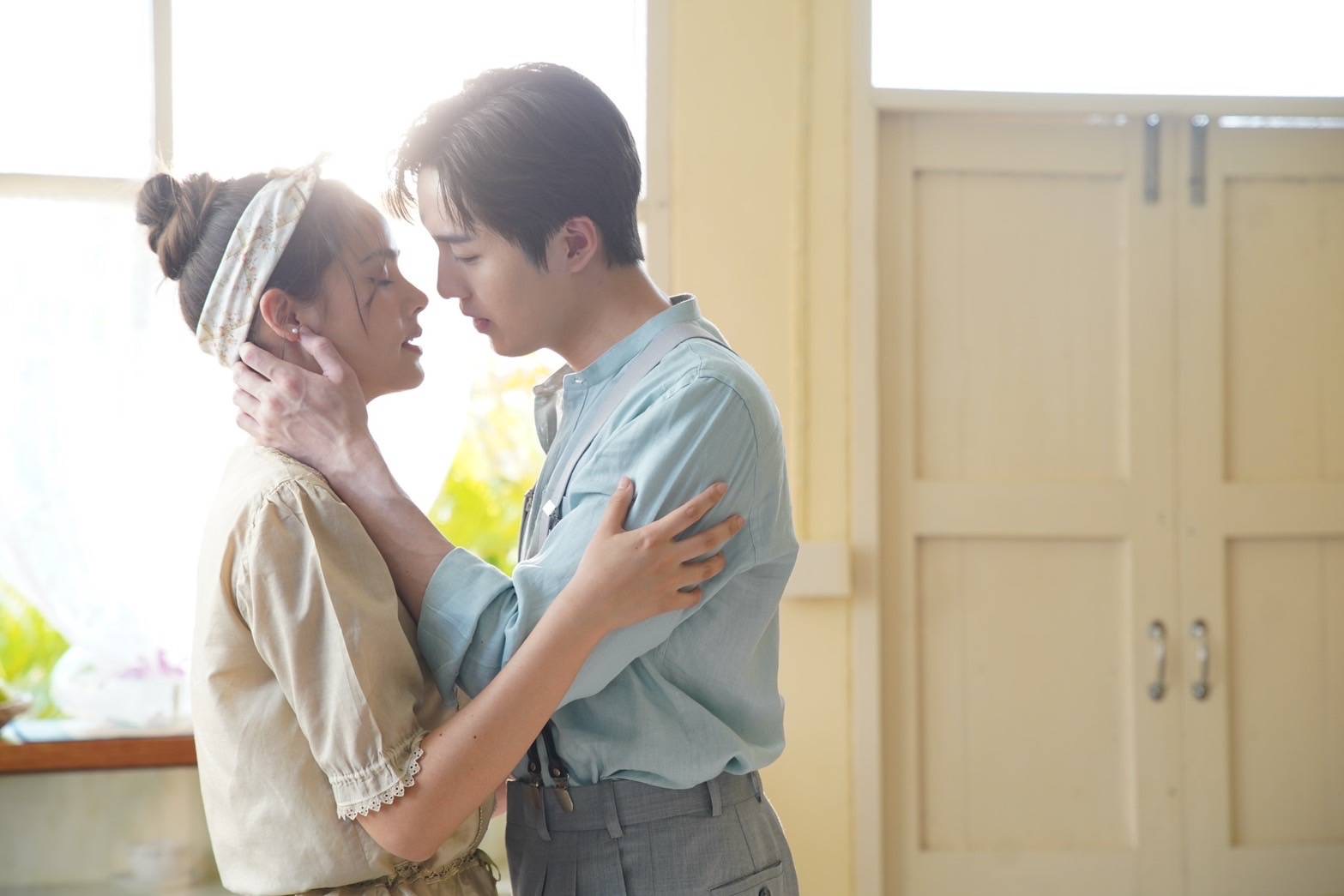The couple drew shocked reactions from fans across the globe when news hit this week that they had split, and that Zayn had allegedly physically assaulted Gigi’s mother Yolanda

Fans of Gigi Hadid and Zayn Malik (known more commonly as Zayn) woke up to shocking news this morning: that the couple had broken up, according to reports from websites like TMZ, and that Zayn had allegedly physically assaulted Gigi’s mother, Yolanda Hadid. The split caused more heartache than a “Brangelina” or “Bennifer” breakup — at least for millennial Muslims who have been ardent supporters of Gigi and Zayn’s relationship, however unconventional it may have been by traditional Muslim standards.
Ever since One Direction emerged on the music scene through X Factor more than a decade ago, I was a fan of Zayn (though I confess I haven’t heard much of his recent music). In an industry largely void of Muslim representation, here was a brown-skinned musician with Bradford roots who was raised Muslim (though he told British Vogue in 2018 that he no longer identified as a practicing member of the religion). He had an Arabic name, he wished his fans “Eid Mubarak” and he occasionally sung in Urdu. Suffice to say, he instantly won the hearts of Muslim girls across the globe. I recall sleeping over at my cousin’s home soon after One Direction shot to fame, both of us wishfully lovestruck as we stared at the poster of Zayn on her closet door.
When reports started surfacing in 2015 that Zayn was dating half-Palestinian supermodel Gigi Hadid, the pairing couldn’t have been more perfect for Muslim fans of the two celebrities. In fact, the sheer fact that they had Muslim backgrounds is what drew many of their Muslim fans to them in the first place. Images of the couple celebrating Eid in cultural clothes and claims like “he has read the Quran three times” (as Zayn’s mother, Trisha Malik, told the BBC) were enough to win Muslim fans the world over.
Each at the top of their respective industries (music and modeling) and each having Muslim cultural backgrounds (Pakistani and Palestinian), they made an unprecedented pairing. It didn’t matter that Gigi was a model and bared her skin for the camera, or that Zayn’s body was covered in tattoos — or even that the two later had a 𝘤𝘩𝘪𝘭𝘥 outside of wedlock. In fact, their very rebellion against the norms of Muslim traditions may have won them more millennial Muslim fans, who are often caught between their culture and contemporary social norms, and seek diverse and relatable role models.
Over the years, some Muslims have obsessively indulged in their fandom of “Zigi” (the nickname many use for the couple); numerous Islamic blogs and forums digest the behaviors and activities of the two celebrities in attempts to prove their “Muslimness.”
A 2020 Elle story headlined “For Gen Z Muslims, Gigi and Zayn are more than a Hollywood power couple” aptly described why Muslims globally related to Gigi and Zayn, who may not look like your stereotypical practicing Muslims but nonetheless own their Pakistani and Palestinian identities and proudly speak about their heritages and Muslim upbringings. At a time when media portrayals of Islam are often unfairly claimed by extremists, Zayn and Gigi became a youthful, refreshing symbol of what modern, millennial, third-culture Muslims may look like, and unwittingly became popular icons combating the widespread Islamophobia in the West. They’ve been a united icon of diversity in an industry that’s been typically whitewashed and ignorant of Muslim nuances.
In March 2017, Gigi starred on the debut cover of Vogue Arabia adorned in a decadent face veil. She shared the photo on Instagram and stated: “being half-Palestinian means the world to me.” Along with her sister Bella Hadid, Gigi has been a vocal advocate for the Palestinian cause, as has Zayn. Their political stances on Palestine earned the two a further outpouring of support from Muslim fans. Their relatively private relationship, and decision to protect their daughter from the public eye, was also deeply understood and applauded by their followers.
Many perceived the couple’s life to be picture-perfect. However, that bubble burst yesterday, with news of their apparent abrupt breakup and the assault allegations. Fans across the globe are devastated, but those who are Muslim are even more deeply impacted, their vision of this ideal, glamorized Muslim-ish couple now shattered.
The assault allegations against Zayn (which he “adamantly” denied) are especially disheartening, since Muslims often seek to debunk the oft-televised, extremist stereotype of their men being oppressive and violent. For him to be accused of striking a woman is a hard pill to swallow for his millions of Muslim fans.
As I write this, news investigations revealed that Zayn was charged with four counts of harassment, to which he pleaded “no contest” (this doesn’t admit guilt, but accepts the punishment, which in this case amounts to 360 days of probation, the completion of an anger management course and screening for a domestic violence supervision program).
Yet many of Zayn’s fans are ardently defending him on Twitter, and numerous memes are making the rounds, depicting Zayn as a protective father and Yolanda as a meddling, home-wrecking and fame-hungry mother-in-law. Fans might feel heartbroken by news of the breakup, but trolling is not the answer — certainly not from an Islamic perspective that enjoins compassion and empathy.
As a Muslim who yearns to see more representation of my kind in the media, I admit that I too often felt a warm, fuzzy feeling when seeing Instagram images of Gigi and Zayn (sometimes accompanied by 𝑏𝑎𝑏𝑦 Khai, whose face is always obscured from view). And while they may have been perceived as a “Muslim power couple”, I think that we Muslims are too quick to assign pedestals to celebrities who don’t ask for the responsibility to be seen as role models for their fathers’ faiths.
Their reign as a “power couple” might be over — at least for now — but perhaps fans could make use of this time to check their own intentions, priorities and passions. We should think twice before idolizing celebrities, insisting on their innocence in cases of alleged violence and getting lost in the frenzy of fandom, and, just maybe, grant them the privacy they’ve requested all along.





